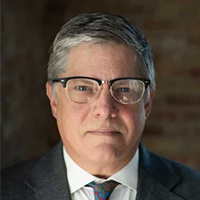Whitelaw DUI-DWI Lawyer, Wisconsin
Shane Laughton Brabazon
✓ VERIFIEDCriminal, Adoption, Child Support, Custody & Visitation, DUI-DWI
Attorney Brabazon devotes most of his practice to cases involving litigation. He has appeared in front of most Judges throughout Eastern Wisconsin and... (more)
Kirk Bowden Obear
✓ VERIFIEDCriminal, Felony, Traffic, White Collar Crime, DUI-DWI
Wisconsin Statewide Criminal Defense in all State and Federal Courts
Attorney Kirk Obear came to Wisconsin in 1999 after serving in the U.S. Air Force for more than ten years. He graduated summa cum laude from Mount Oli... (more)
Christopher T Froelich
Divorce & Family Law, DUI-DWI, Criminal, Accident & Injury
Status: In Good Standing
FREE CONSULTATION
CONTACTTravis T. Schreurs
Litigation, Collaborative Law, Divorce & Family Law, DUI-DWI, Merger & Acquisition
Status: In Good Standing
Chadwick J. Kaehne
Civil Rights, DUI-DWI, Car Accident, Insurance, Premises Liability
Status: In Good Standing Licensed: 19 Years
FREE CONSULTATION
CONTACTRichard E. Bollenbeck
Estate Planning, Family Law, DUI-DWI, Criminal
Status: In Good Standing Licensed: 40 Years



